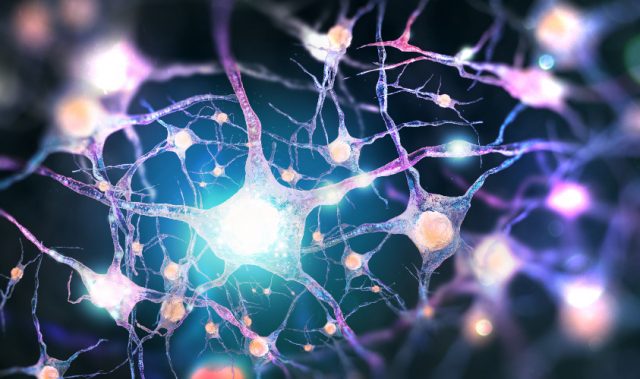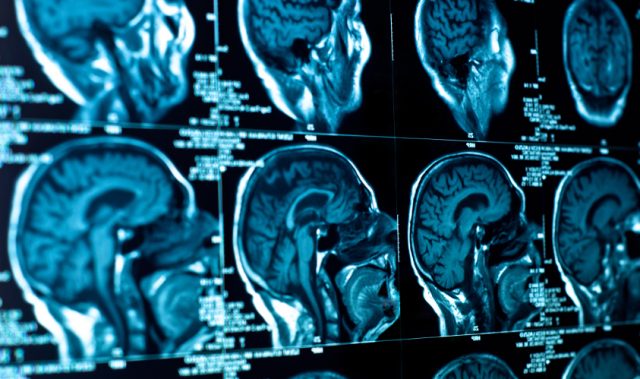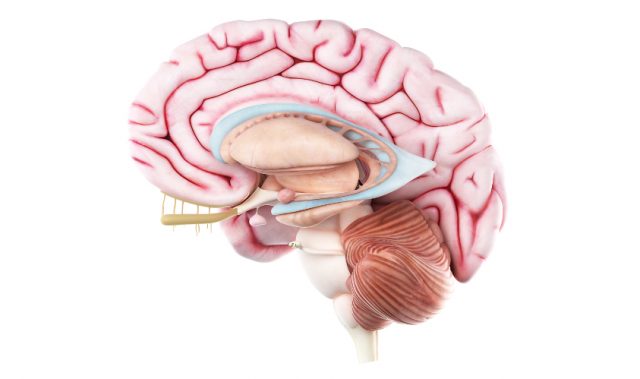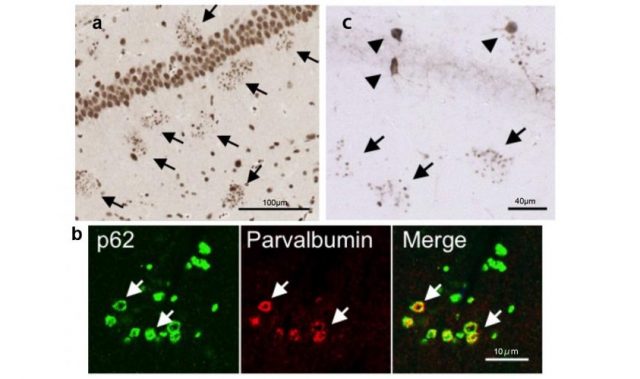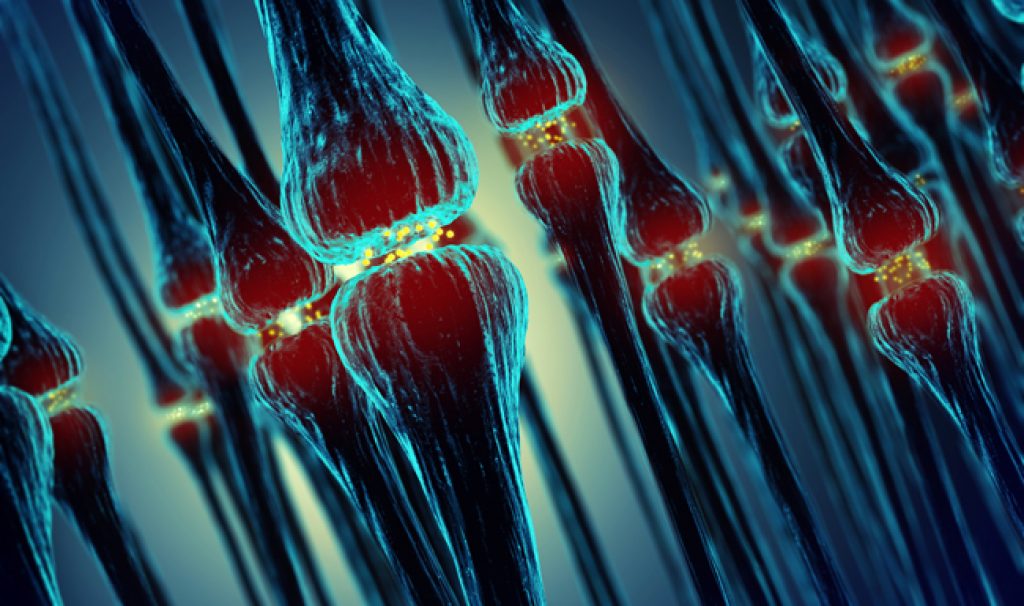
AsianScientist (Apr. 22, 2016) – As the population ages worldwide, society faces the increasing incidence of diseases such as Parkinson’s and Alzheimer’s that are caused by the gradual degeneration of specific neuron types.
Publishing in Nature Communications, Professor Kazuaki Yoshikawa and colleagues from Osaka University in Japan have now contributed to a better understanding of the underlying causes of neurodegeneration by reporting a protein that can enhance mitochondrial biogenesis.
Neurons require a stable supply of energy to function. This energy demand is provided in the form of adenosine triphosphate (ATP) molecules by mitochondria, commonly described as the ‘powerhouses’ of the cell. Defects in mitochondrial function or synthesis are associated with neurodegeneration, but little is known about the underlying mechanisms.
To explore this further, Yoshikawa’s team looked at necdin, a protein that interacts with multiple transcriptional factors in neurons. By analyzing neurons from necdin-deficient mice, they found that there was a lower expression of genes regulating mitochondria synthesis in these cells. Complementing this finding, the cells also displayed decreased mitochondria presence and functionality, such as reduced ATP production.
How then, could necdin play a positive role in mitochondria synthesis? As it turns out, necdin interacts with PGC-1α, a transcriptional factor central to promoting mitochondria synthesis. This interaction helps to protect PGC-1α from degradation by the cell’s inherent protein recycling process.
The authors then tested whether this interaction also conferred neuroprotective ability. By treating neurons with a cytotoxic chemical, they found that deficiency in necdin showed significantly increased levels of cell death compared to the wild-type. This neuroprotection also extended to MPP+ and MPTP, two chemicals commonly administered in experiments to damage neurons and model Parkinson’s disease.
Finally, as in vivo proof, the researchers overexpressed the necdin gene in necdin-knockout mice. They found that such mice were protected against MPTP-treatment.
Together, these findings not only uncovered a new role of necdin in neuron mitochondria synthesis, but also suggested therapeutic potential by harnessing their neuroprotective abilities.
The article can be found at: Hasegawa et al. (2016) Promotion of Mitochondrial Biogenesis by Necdin Protects Neurons against Mitochondrial Insults.
———
Copyright: Asian Scientist Magazine; Photo: Shutterstock.
Disclaimer: This article does not necessarily reflect the views of AsianScientist or its staff.




